Oncology
Bristol Myers Squibb. Pioneer in immuno-oncology
Can we activate our own immune system in such a way that it attacks and destroys cancer cells by itself? That question kept scientists Dr. Jim Allison and his colleague Dr. Tasuku Honjo busy for years. They conducted extensive research into the functioning of the human immune system, ultimately shining a completely new light on cancer treatment. For this, they received the Nobel Prize in Medicine 2018.
As pioneer, Bristol Myers Squibb supported the ground breaking work of Dr. Allison and Dr. Honjo. Based on their luminous insights, we made the first immunotherapy accessible to cancer patients worldwide. Since the introduction of this revolutionary therapy, more and more cancer patients have the perspective of a longer and better life. For Bristol Myers Squibb, this is an extra incentive to continue searching for new breakthrough treatments to eliminate all types of cancer in the world. The lamp symbolizes "Pioneer" with new ideas that offer both relief and hope in the fight against cancer.
Watch the I-O Pioneer story of Bristol Myers Squibb by clicking on the link below or view the storybook by clicking on the image on the right.
Immunotherapy for cancer
Ipilimumab was the first immune checkpoint receptor (ICR) to be reimbursed for the treatment of advanced melanoma in Belgium. This marked the beginning of a new era in cancer treatment.
What is an immune checkpoint inhibitor?
Ipilimumab is a medicine containing checkpoint receptors that reactivate the patient’s immune system response. Some cancer cells actually inhibit T cells, a particular type of cell that allows the body to recognise and attack cancer cells. This inhibition prevents these cells from recognising the cancer and grows the cancer cells. Medications containing checkpoint receptors prevent this inhibition from happening.
There are two types of checkpoint receptors. Some medications inhibit the PD-1 checkpoint, while others inhibit the CTLA-4 checkpoint. Ipilimumab is a CTLA-4 inhibitor; however, BMS has also developed a PD-1 receptor with nivolumab.
The benefits
The introduction of these medicines has significantly impacted treatment strategies in cancer care, improving prognosis in several types of tumours.
10 years ago, patients diagnosed with advanced (unresectable or metastatic) melanoma received a poor prognosis, and the available treatments offered little hope. As a result, only one in four patients were still alive one year after diagnosis. Today, we have developed immunotherapies with more than 49% of patients still alive 6.5 years after diagnosis.*
Further research
In addition to their use in monotherapy, different ICRs are also being studied in combination with each other to further improve their effectiveness. The combination of two immunotherapies has now been approved for several indications.
*Korn et al. 2008 meta-analyis for the introduction of immunotherapy and targeted therapy: 25% of patients still alive after 1 year – median life expectancy 6 months/IPI alonge: 20% (Schadendorf et al. JCO 2015)/Hodi et al. presented at ASCO 2022 (abstract 9522).
What are we doing in the field of oncology?

Over the past several decades our innovative medicines have improved how cancer is treated, making long-term survival a possibility for more patients. We strive to help more patients across a broad range of solid tumors and blood disorders with our medicines, scientific discovery and investigational research, and are working with partners to address all aspects of patient care, from diagnosis onward.
- We leverage our foundational expertise in tumor biology and application of translational approaches to benefit patients across all stages of disease
- We are pursuing novel therapies that focus on disease biology of cancers with high unmet need
- We seek opportunities in patient populations not currently addressable by checkpoint blockade
- We will expand into oncogenic pathways for both tumor intrinsic and extrinsic factors, including the immune system
- New modalities including, but not limited to, antibody-drug conjugates, immune cell engagers, and protein degraders
- Tumor intrinsic biology with clear patient selection strategy
- Historically intractable targets to develop disruptive therapeutic technologies
- Novel innate and adaptive immune mechanisms
- Novel therapies that transform response rates and durability for patients
- Therapies that address tumor intrinsic vulnerabilities and primary or acquired mechanisms of resistance to standard of care
Our initiatives for optimising cancer patient care
In addition to researching, developing, and providing medicines, BMS also offers support to patients and cancer care professionals through various initiatives.
We also support patients through prevention campaigns, disease awareness campaigns, sponsorships, congresses, and events, and by working with health professionals, hospitals, and renowned specialists from patient organisations.
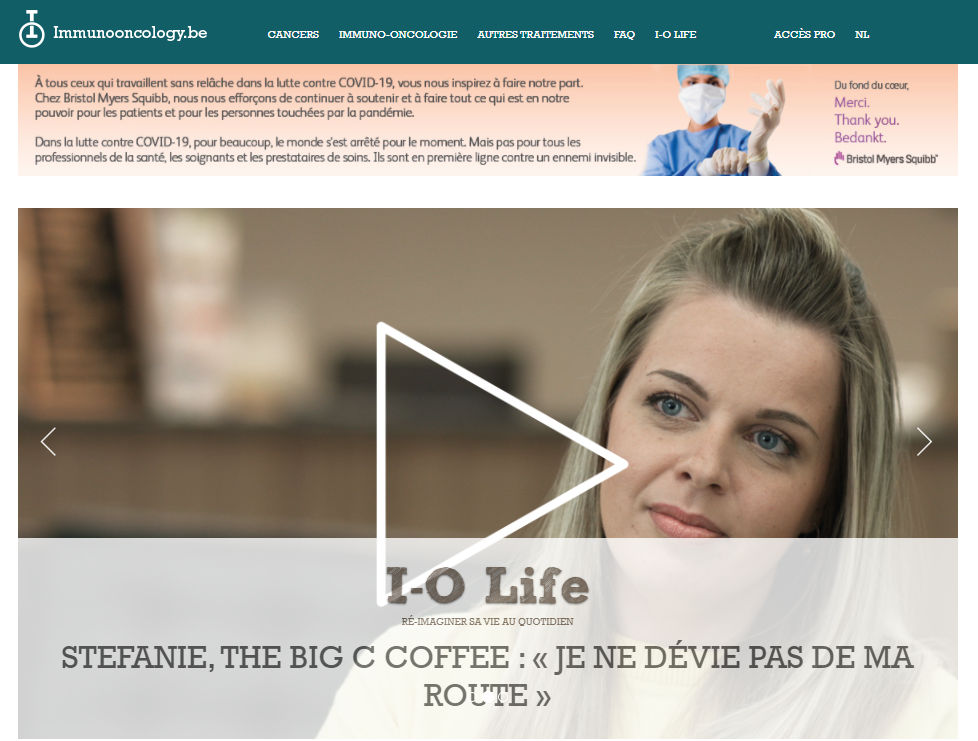
In Belgium, we have set up an educational website to improve knowledge and understanding of cancer and cancer treatments. The educational content is also available for hospitals to integrate into their own platforms and patients’ interactions.
Patients can find up-to-date information about cancer, immunology, and other treatments on this website. Besides medical information, they will also find articles about living with cancer and testimonies from other patients. The website also has a section for nurses.
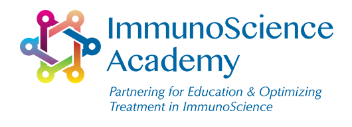
The ImmunoScience Academy website is an online platform that provides information and educational material for physicians.
It is led by a steering committee of professors and experts from various therapeutic areas. Their mission is to educate and stimulate multidisciplinary initiatives within the field of ImmunoScience to optimise patient care.
Our medicines in oncology
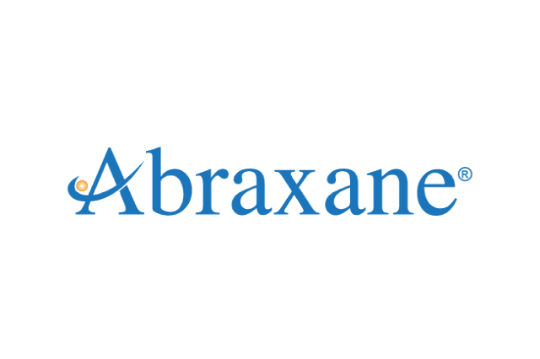
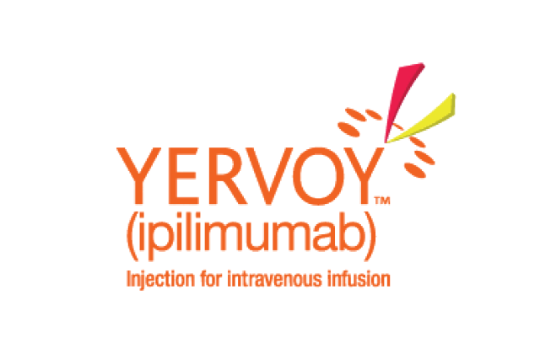
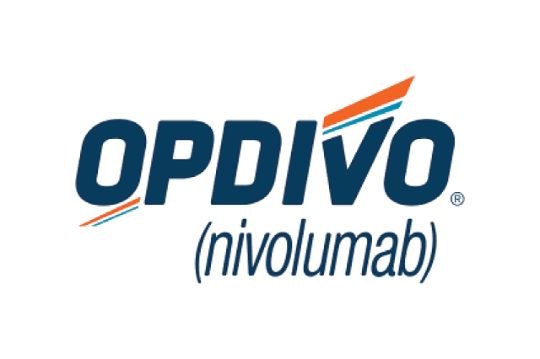
Our mission is to research, develop, and make available innovative medicines to patients with serious diseases.
NO-BE-2200152
